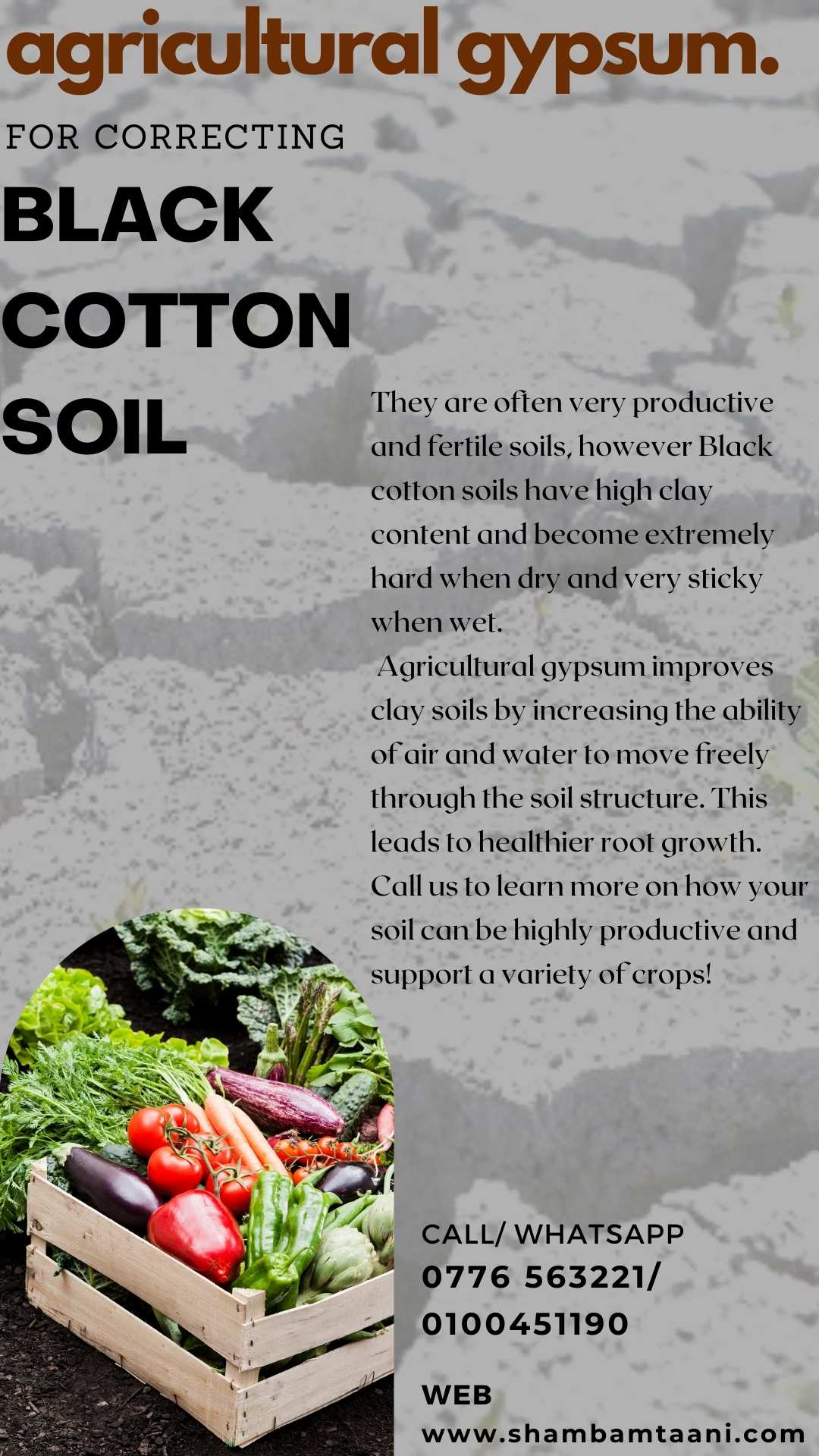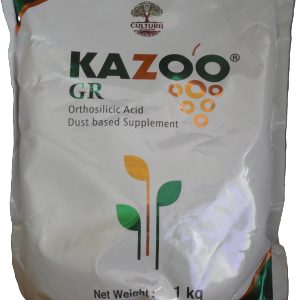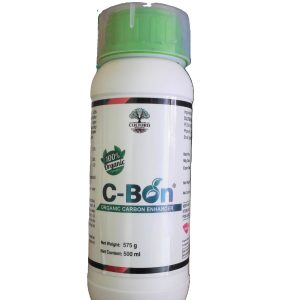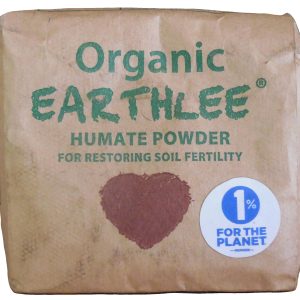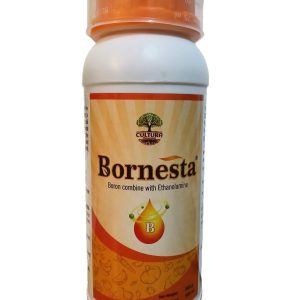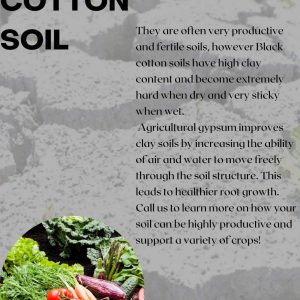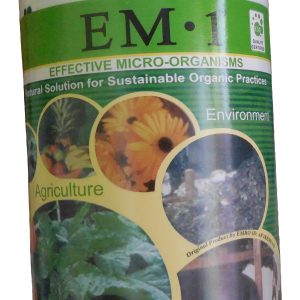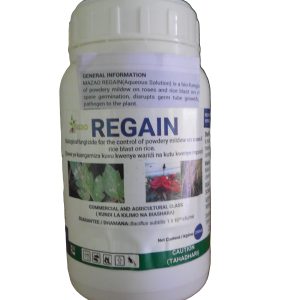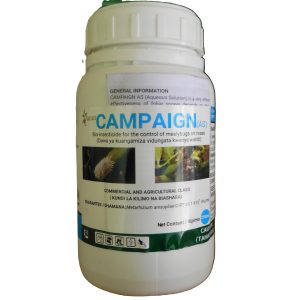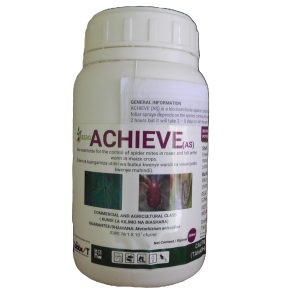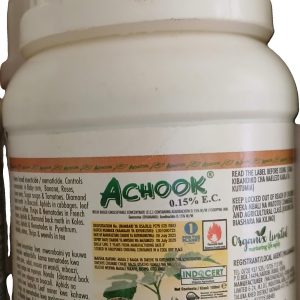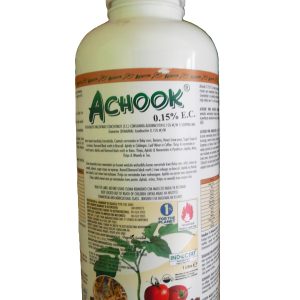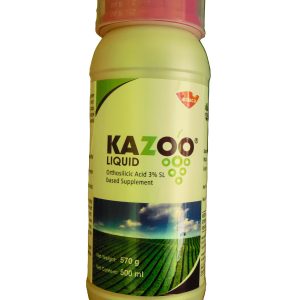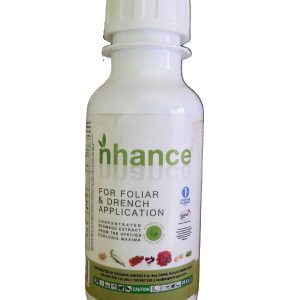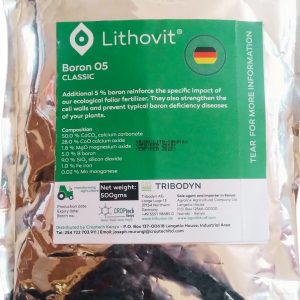Agricultural Gypsum
Agricultural Gypsum is a natural mineral product, scientifically known as calcium sulfate dihydrate (CaSO₄·2H₂O), that is used to improve soil health and support plant growth. It’s a soft, white or grayish mineral that is mined and processed into a fine powder or granules for easy application. Unlike synthetic fertilizers, Agricultural Gypsum is a sustainable, eco-friendly input that works to restore balance in your soil, making it an ideal choice for farmers seeking long-term soil fertility solutions.
What Soil Conditions Does Agricultural Gypsum Remedy?
Agricultural Gypsum is a powerful tool for addressing specific soil challenges that many Kenyan farmers face. If you’re farming in soils with the following conditions, this product is for you:
-
High Sodium Levels (Sodic Soils): In areas with high sodium content, such as parts of the Rift Valley or semi-arid regions like Kitui and Machakos, soils become hard, compacted, and poorly drained. This is often due to excessive sodium from irrigation water or natural soil composition. Gypsum replaces sodium with calcium, improving soil structure and allowing water to penetrate better.
-
Clayey, Compacted Soils: Heavy clay soils, common in regions like Central Kenya and parts of Nyanza, can be sticky when wet and hard when dry, making it difficult for roots to grow. Gypsum helps break up clay particles, improving aeration and drainage.
-
Crusted Soils: If your soil forms a hard crust on the surface after rain, preventing water infiltration and seedling emergence, gypsum can help. It softens the crust, allowing water and air to reach plant roots.
-
Low Calcium or Sulfur Levels: Gypsum provides a readily available source of calcium and sulfur, two essential nutrients for plant growth, without altering soil pH.
-
Aluminum Toxicity: In acidic soils with high aluminum levels, often found in high-rainfall areas like the Western Highlands, gypsum can reduce aluminum toxicity by binding with aluminum ions, making the soil more plant-friendly.
Attention Farmers in Sodic or Compacted Soils: If you’re struggling with poor drainage, hard soils, or low crop yields due to sodium buildup or clayey conditions, Agricultural Gypsum is the solution you’ve been looking for. It’s especially beneficial in regions like the Rift Valley, Eastern Kenya, and other areas where irrigation or natural conditions have led to sodium-rich soils.
What Soils and Plants Benefit from Agricultural Gypsum?
Agricultural Gypsum is versatile and can be applied to a wide range of soils and crops, but it’s most effective in the following scenarios:
-
Soils: Best for sodic soils, clay-heavy soils, and soils with poor structure or drainage. It’s also useful in acidic soils to address aluminum toxicity, though it doesn’t raise pH like lime does.
-
Plants: Gypsum benefits a variety of crops, including:
-
Cereals: Maize, wheat, and sorghum benefit from improved root penetration and nutrient uptake.
-
Legumes: Beans, peas, and groundnuts thrive with the added calcium and sulfur, which support pod development.
-
Vegetables: Kale (sukuma wiki), cabbages, and tomatoes grow stronger with better soil structure and nutrient availability.
-
Cash Crops: Coffee, tea, and sugarcane see improved yields due to enhanced soil aeration and reduced toxicity.
-
Fruit Trees: Avocado, mango, and citrus trees benefit from deeper root growth and better water infiltration.
-
What Nutrients Does Agricultural Gypsum Supply?
Agricultural Gypsum is a rich source of two critical nutrients:
-
Calcium (Ca): Essential for strong cell walls, root development, and overall plant vigor. Calcium also improves soil structure by binding clay particles together, creating a more crumbly, workable texture.
-
Sulfur (S): A key nutrient for protein synthesis, chlorophyll formation, and enzyme activity. Sulfur deficiency can lead to yellowing leaves and stunted growth, which gypsum helps correct.
Unlike other fertilizers, gypsum provides these nutrients without affecting soil pH, making it a neutral and safe option for most soils.
Agricultural Gypsum vs. Agricultural Lime: What’s the Difference?
Farmers often confuse Agricultural Gypsum with Agricultural Lime, but they serve different purposes. Here’s a clear comparison:
|
Feature
|
Agricultural Gypsum
|
Agricultural Lime
|
|---|---|---|
|
Composition
|
Calcium sulfate dihydrate (CaSO₄·2H₂O)
|
Calcium carbonate (CaCO₃) or dolomite
|
|
Primary Use
|
Improves soil structure, reduces sodium, adds calcium and sulfur
|
Raises soil pH, corrects acidity, adds calcium
|
|
Soil Conditions
|
Sodic soils, compacted clay soils, aluminum toxicity
|
Acidic soils with low pH
|
|
pH Effect
|
Neutral (doesn’t change soil pH)
|
Increases soil pH
|
|
Best For
|
Sodium-affected soils, poor drainage
|
Acidic soils needing pH adjustment
|
Key Takeaway: If your soil is too acidic (low pH), Agricultural Lime is the better choice. But if you’re dealing with sodium buildup, compacted soils, or need calcium and sulfur without changing pH, Agricultural Gypsum is the way to go.
How to Determine the Right Amount to Apply Per Acre
The amount of Agricultural Gypsum to apply depends on your soil’s condition and needs. Here’s a simple guide:
-
Soil Test First: Conduct a soil test to determine sodium levels, calcium deficiency, or sulfur needs. This will give you a precise recommendation. You can contact your local agricultural extension officer or ShambaMtaani for soil testing support.
-
General Guidelines:
-
For Sodic Soils: Apply 2–5 tons per acre to displace sodium and improve soil structure. Severe cases may require up to 10 tons per acre.
-
For Calcium/Sulfur Deficiency: Use 0.5–2 tons per acre to supply nutrients and improve soil health.
-
For Clay Soils: Apply 1–3 tons per acre to enhance drainage and aeration.
-
-
Application Method: Spread gypsum evenly across the field using a broadcaster or by hand, then incorporate it into the top 10–15 cm of soil with a harrow or tiller. For best results, apply before planting or during land preparation.
How Often Should Agricultural Gypsum Be Applied?
-
Initial Application: Apply gypsum once to correct sodium or structural issues. You’ll notice improvements in soil texture and crop performance within a few months.
-
Maintenance: Reapply every 1–2 years, depending on soil conditions and crop needs. For soils with ongoing sodium issues (e.g., from irrigation), annual applications may be necessary.
-
Monitor Progress: Keep an eye on soil health and crop performance. If drainage or compaction issues persist, a follow-up application may be needed sooner.
Additional Benefits and Tips for Farmers
-
Improves Water Infiltration: Gypsum allows water to penetrate deeper, reducing runoff and ensuring crops get the moisture they need—crucial during dry spells in regions like Eastern Kenya.
-
Reduces Soil Erosion: By improving soil structure, gypsum helps prevent erosion on sloping lands, common in areas like the Central Highlands.
-
Safe for Organic Farming: Agricultural Gypsum is a natural product, making it suitable for organic farmers looking to maintain certification.
-
Complements Other Inputs: Use gypsum alongside compost or fertilizers like those made with EM1 (available on ShambaMtaani) to maximize soil fertility and plant health.
-
Storage Tip: Store gypsum in a dry place to prevent clumping, as it can absorb moisture over time.
Why Choose ShambaMtaani’s Agricultural Gypsum?
-
High Quality: Our gypsum is sourced from trusted suppliers, ensuring purity and effectiveness.
-
Sustainable Farming: We’re passionate about helping Kenyan farmers adopt eco-friendly practices that improve yields while protecting the environment.
-
Expert Support: Our team at ShambaMtaani is here to guide you on application rates, soil testing, and integrating gypsum into your farming system.
A Call to Farmers in Need of Agricultural Gypsum
If you’re farming in sodium-affected soils, struggling with poor drainage, or noticing stunted crop growth due to compacted clay, Agricultural Gypsum is the solution you’ve been waiting for. Don’t let challenging soil conditions hold back your farm’s potential. With ShambaMtaani’s Agricultural Gypsum, you can transform your soil, boost crop yields, and farm sustainably for years to come.
Order Now at ShambaMtaani.com and take the first step toward healthier soils and thriving crops! For more information or assistance, reach out to our team—we’re here to support your farming journey.
